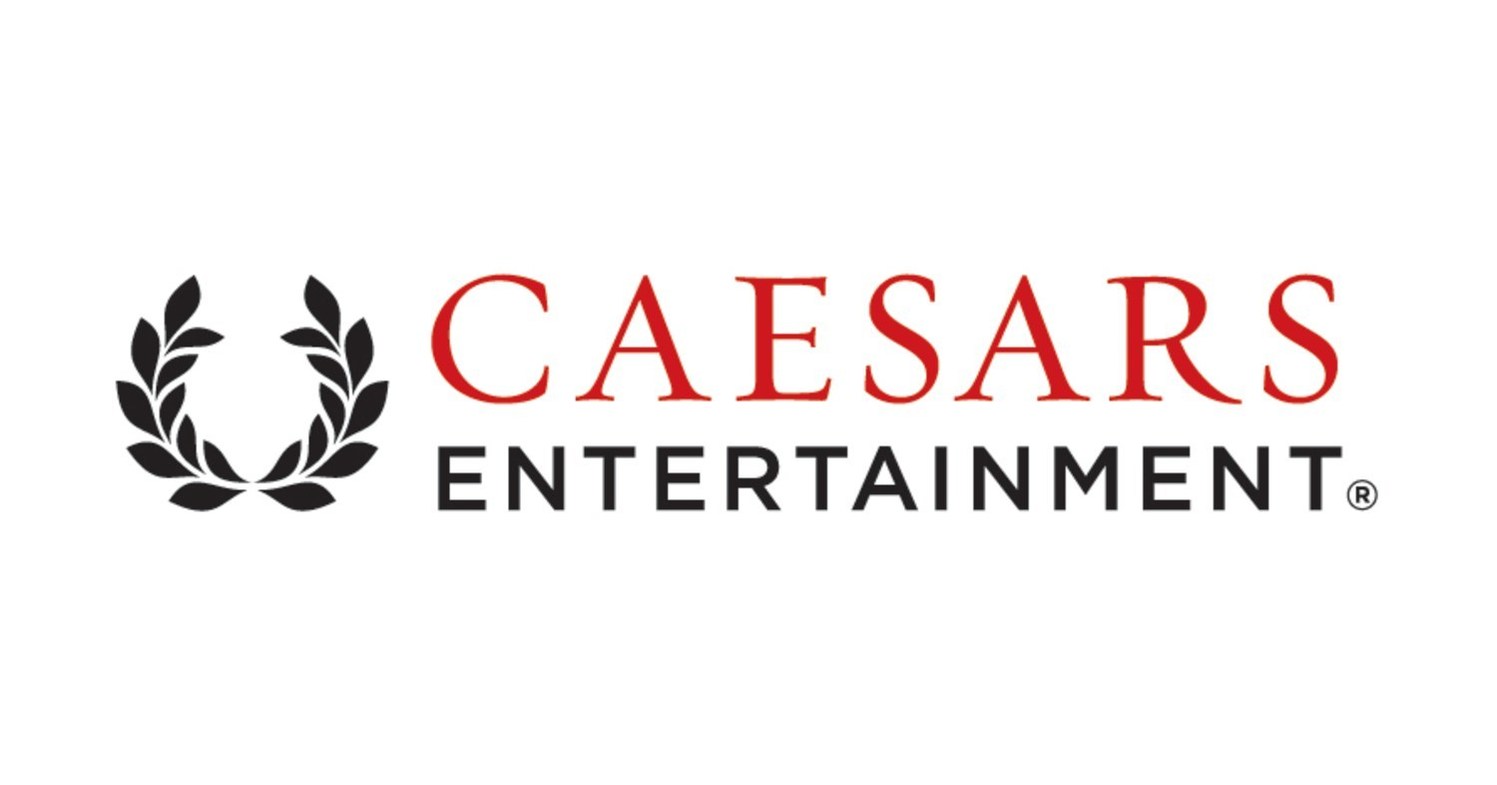As of late, a hot topic of debate among the gaming industry has involved resort fees. Casinos are being accused of hiding resort fees in ways such as for amenities like Wi-Fi or just random charges to earn more from guests. Players are not interested in paying more than they should, but companies are finding ways to increase their charges that are unseen. As the debate involving the resort fees rages across the US, Caesars Entertainment Corp. has announced an increase their fees at three of their hotels in Las Vegas.
Higher Rates
Starting on the 15th of October, Caesars Palace and Nobu Hotel Caesars Palace will see their fees raised to $45 a night. This equals to $51.02 after taxes. The previous fee was $39. The Rio will increase as well but has a lower fee of $39.68 after taxes. The price point was $32 and moved to $35.
Caesars says the changes are being made to bring their resort fees in line with their ‘relevant competitors’. Company representative stated that these fees include Wi-Fi in the guest room for two devices per day with premium speed. It also reportedly covers passes for two guests to the fitness center and local calling.
The remaining Caesars properties in Las Vegas will keep the same fees. Members of the Caesars Rewards Diamond group and Seven Star guests do not have to pay the fees. Caesars last changed their resort fees back in February of last year. The increase included Caesars Palace, Nobu, Bally’s, The Linq, Harrah’s, Planet Hollywood, the Cromwell and Paris Las Vegas.
Concern Over Fees
CEO of Caesars Entertainment Tony Rodio has expressed some concern over the increase in fees. Back in August, Rodio held a conference call with investors, stating that at some point they will reach a time when the straw breaks the camel’s back. Rodio stated he wants to be cautious about taking the rates even further.
The fees may become a bigger issue in the future is legislation by Representative Eddie Bernice and Jeff Fortenberry gains any headway. The two have created a bipartisan legislation that would see resort fees become transparent. Hotels across the US would no longer be able to hide fees and guests would have an exact idea of what they are paying for.
The bill is called the Hotel Advertising Transparency Act of 2019 and it would prohibit hotels and short-term lodging facilities from advertising a room rate that does not include all the fees that must be paid. With this change, hotels could not leave out any charges and patrons would not be led to believe that the price they are paying is the final cost, short of taxes and government fees.
If the bill passes, resorts may have to rethink their strategy about fees at their hotels. Guests may be more leery of booking if they feel they are being overcharged or can find a better deal elsewhere once the full price is listed.




